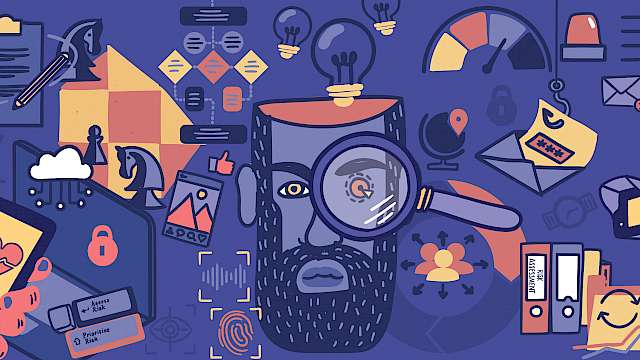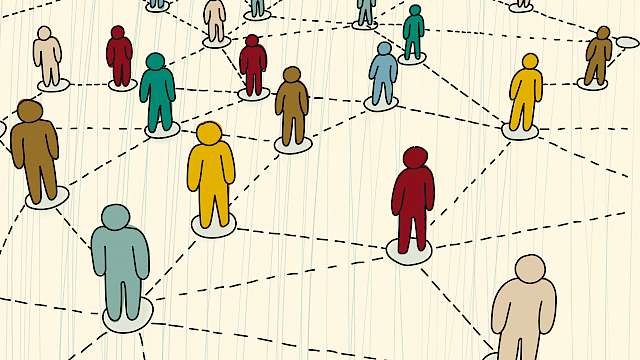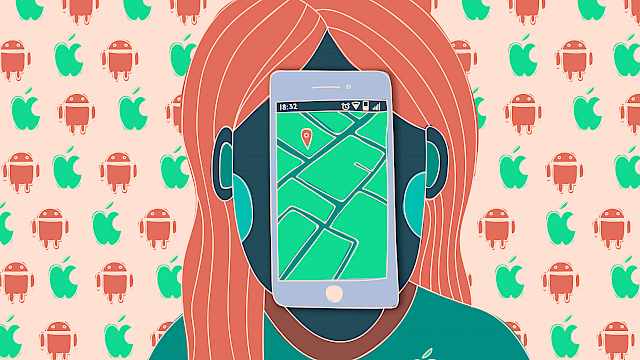Kristoffer Geyer
CREST Outputs
Projects
Articles
Academic Publications
Do smartphone usage scales predict behavior?
Understanding how people use technology remains important, particularly when measuring the impact this might have on individuals and society. However, despite a growing body of resources that can quantify smartphone use, research within psychology and social science overwhelmingly relies on self-reported assessments. These have yet to convincingly demonstrate an ability to predict objective behavior. Here, and for the first time, we compare a variety of smartphone use and ‘addiction’ scales with objective behaviors derived from Apple's Screen Time application. While correlations between psychometric scales and objective behavior are generally poor, single estimates and measures that attempt to frame technology use as habitual rather than ‘addictive’ correlate more favorably with subsequent behavior. We conclude that existing self-report instruments are unlikely to be sensitive enough to accurately predict basic technology use related behaviors. As a result, conclusions regarding the psychological impact of technology are unreliable when relying solely on these measures to quantify typical usage.
(From the journal abstract)
Ellis, D. A., Davidson, B. I., Shaw, H., & Geyer, K. (2019). Do smartphone usage scales predict behavior? International Journal of Human-Computer Studies, 130, 86–92.
https://doi.org/10.1016/j.ijhcs.2019.05.004A simple location-tracking app for psychological research
Location data gathered from a variety of sources are particularly valuable when it comes to understanding individuals and groups. However, much of this work has relied on participants’ active engagement in regularly reporting their location. More recently, smartphones have been used to assist with this process, but although commercial smartphone applications are available, these are often expensive and are not designed with researchers in mind. To overcome these and other related issues, we have developed a freely available Android application that logs location accurately, stores the data securely, and ensures that participants can provide consent or withdraw from a study at any time. Further recommendations and R code are provided in order to assist with subsequent data analysis.
(From the journal abstract)
Geyer, K., Ellis, D. A., & Piwek, L. (2019). A simple location-tracking app for psychological research. Behavior Research Methods, 51(6), 2840–2846.
https://doi.org/10.3758/s13428-018-1164-y
Projects
Articles
Academic Publications
Do smartphone usage scales predict behavior?
Understanding how people use technology remains important, particularly when measuring the impact this might have on individuals and society. However, despite a growing body of resources that can quantify smartphone use, research within psychology and social science overwhelmingly relies on self-reported assessments. These have yet to convincingly demonstrate an ability to predict objective behavior. Here, and for the first time, we compare a variety of smartphone use and ‘addiction’ scales with objective behaviors derived from Apple's Screen Time application. While correlations between psychometric scales and objective behavior are generally poor, single estimates and measures that attempt to frame technology use as habitual rather than ‘addictive’ correlate more favorably with subsequent behavior. We conclude that existing self-report instruments are unlikely to be sensitive enough to accurately predict basic technology use related behaviors. As a result, conclusions regarding the psychological impact of technology are unreliable when relying solely on these measures to quantify typical usage.
(From the journal abstract)
Ellis, D. A., Davidson, B. I., Shaw, H., & Geyer, K. (2019). Do smartphone usage scales predict behavior? International Journal of Human-Computer Studies, 130, 86–92.
A simple location-tracking app for psychological research
Location data gathered from a variety of sources are particularly valuable when it comes to understanding individuals and groups. However, much of this work has relied on participants’ active engagement in regularly reporting their location. More recently, smartphones have been used to assist with this process, but although commercial smartphone applications are available, these are often expensive and are not designed with researchers in mind. To overcome these and other related issues, we have developed a freely available Android application that logs location accurately, stores the data securely, and ensures that participants can provide consent or withdraw from a study at any time. Further recommendations and R code are provided in order to assist with subsequent data analysis.
(From the journal abstract)
Geyer, K., Ellis, D. A., & Piwek, L. (2019). A simple location-tracking app for psychological research. Behavior Research Methods, 51(6), 2840–2846.


